How to make sure your phone works on a prepaid alternative carrier
Here's how to make sure your unlocked or pre-owned phone will work with an alternative carrier.
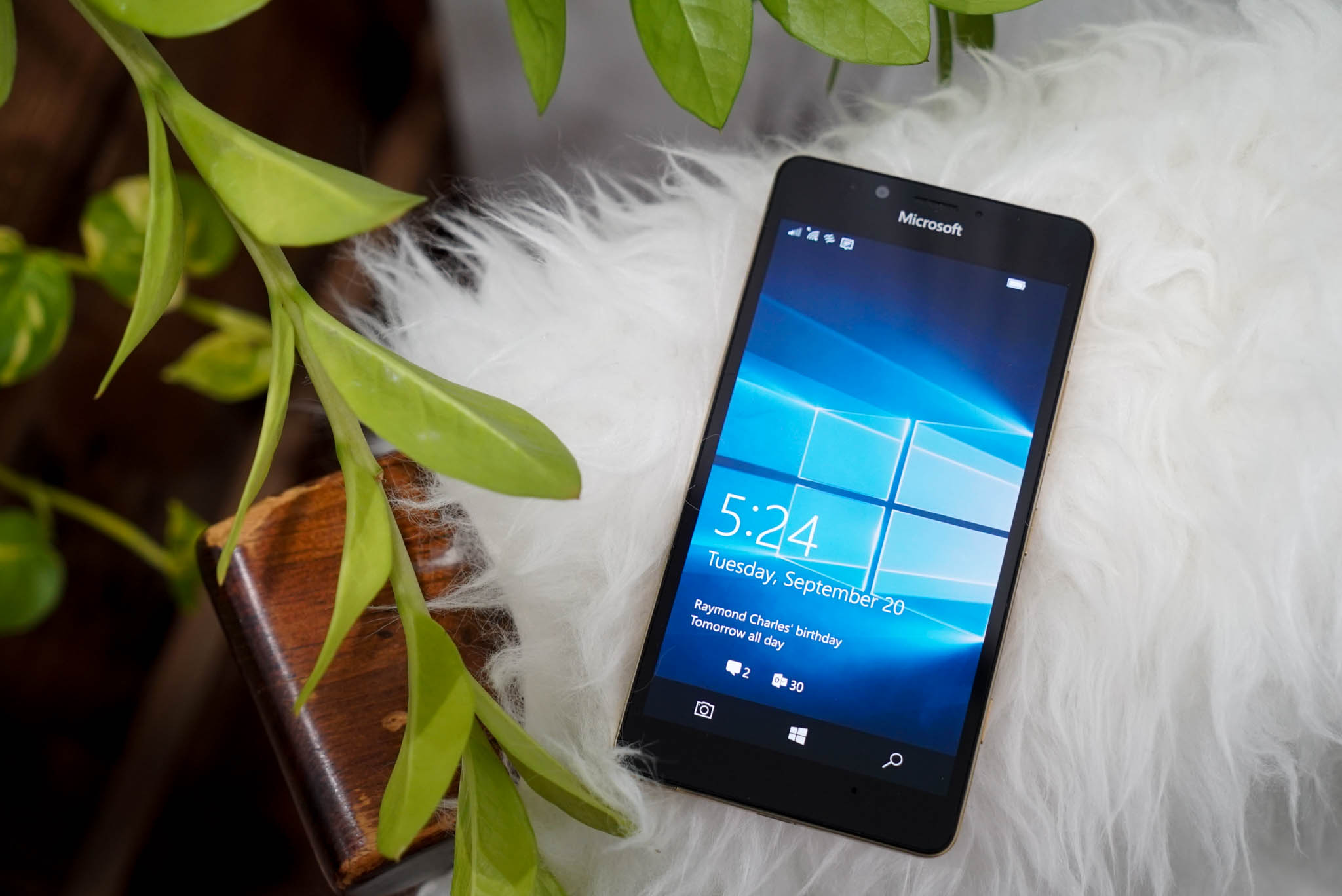
There are a number of things to consider before moving to an alternative carrier. How much data do you really need? Are you looking for better service, or just cheaper service? And if you already have a phone, will it work on the carrier that you choose?
We're going to delve into this topic, but there are a couple of things we should get out of the way beforehand.
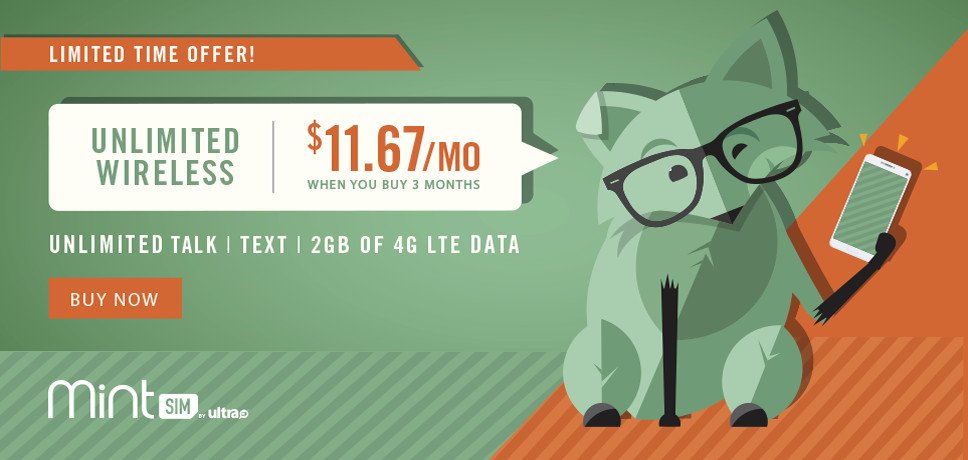
Advertisement
An introduction
Before we talk about whether your phone will work on a particular alternative carrier, we should direct you to a few introductory posts about what exactly these companies offer, and why you should think about switching over.
- What is an alternative carrier?
- What do I need to switch from the Big Four to an alternative carrier?
Once you read through those, there are a few more things you need to know. In the U.S., there are four major carriers with nationwide networks: AT&T, T-Mobile, Sprint and Verizon. All four of them use generally the same technology, but there are some major differences worth noting.
- Sprint and Verizon have 3G networks that use aging (and disappearing) CDMA technology. All phones that run on their networks must have special radios that support CDMA. Thankfully, most phones these days have some sort of CDMA support.
- T-Mobile and AT&T use a more common HSPA+ technology for 3G service. Practically every phone you can buy today — even those designed for Verizon and Sprint — will likely work on AT&T and T-Mobile, as long as the SIM card is unlocked.
Thankfully, the days of poor interoperability between carriers are behind us, but there are some lingering issues. Even though all the major U.S. carriers have adopted what amounts to the same LTE standard as their high-speed mobile internet offering, they all use different wireless spectrum — also known as wireless bands, or frequencies — to deliver calls, text and, most importantly, data, over the air.
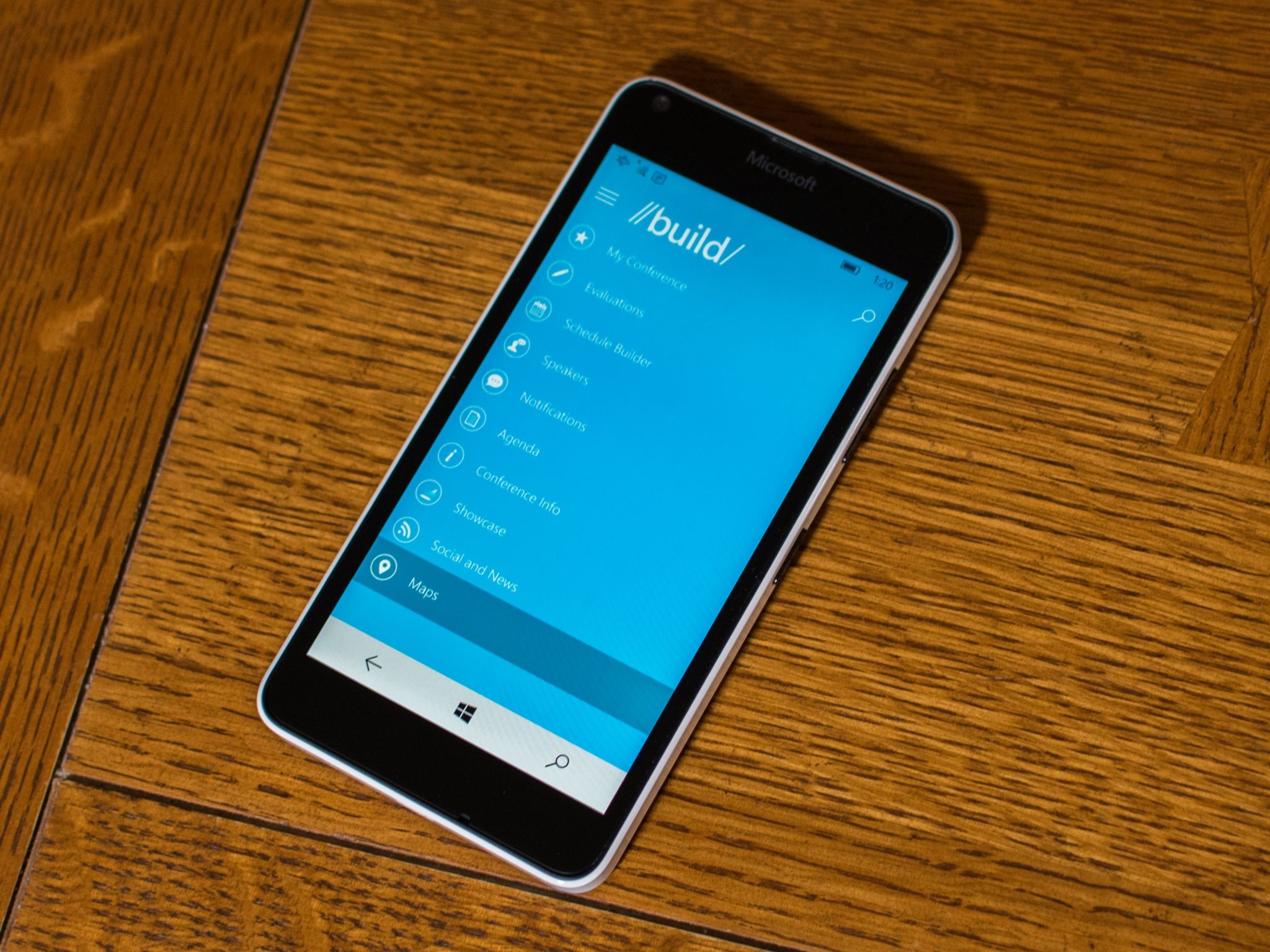
Unlocking the phone
Even if your phone is technically compatible with a particular network, the SIM slot still needs to be unlocked to be able to work on carriers both in the U.S. and abroad.
Get the Windows Central Newsletter
All the latest news, reviews, and guides for Windows and Xbox diehards.
In the U.S., unlocking services are free as long as your account is in good standing and your phone hasn't been reported lost, stolen or involved in illegal activity. All the Big Four carriers are obligated to unlock your phone, though the process differs between them. All recent Verizon phones are unlocked out of the box.
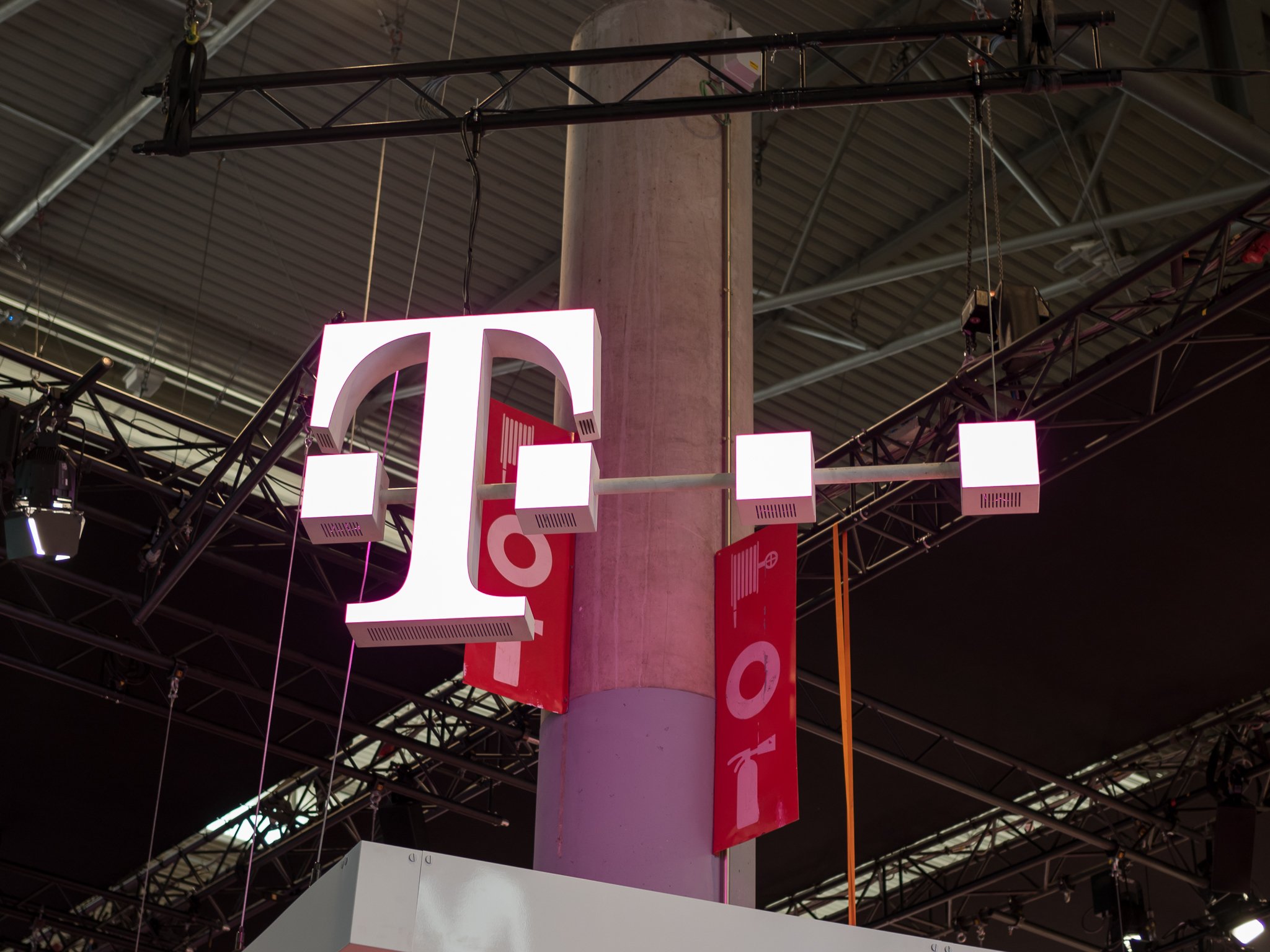
The carriers
Let's discuss the individual carriers, and why your phone — perhaps one you bought through your old carrier, or purchased unlocked from, say, Amazon — may or may not work on the networks.

Advertisement
Alternative carriers powered by Verizon
There aren't that many Verizon-powered alternative carriers, or MVNOs, in the U.S., so we'll start with the easy one. Companies such as Total Wireless or Straight Talk, which are powered by Verizon's network, make it pretty easy to bring your own phone. They ask that you make sure your phone supports CDMA service, and offer network checkers to help you verify that your phone will indeed work on their network.
Quick trick: Open your phone's dialler and type *#06# to get its MEID number.
To work on a Verizon-based alternative carrier, your phone needs to support the following frequencies:
- 3G: 800Mhz (BC0), 1900Mhz (BC1) 1
- LTE: 700Mhz (Band 13), 1700/2100Mhz (Band 4), 1900Mhz (Band 2)
1 Phone must support bands on CDMA.
Many popular phones today, from the Samsung Galaxy S7 to the Google Pixel and cheaper devices like the OnePlus 3T and Moto G5 Plus, support Verizon's 3G and LTE networks. As long as you do your homework beforehand, you should be able to bring your phone over to any alternative carrier that runs on Verizon's network.
Here are the most popular alternative carriers that run on the Verizon network:
Alternative carriers powered by Sprint
Sprint is, like Verizon, a combination of CDMA-based 3G and modern LTE — though it uses different wireless frequencies. The upside is the same, though: Your phone will need to support CDMA service on 3G in order to make calls and texts, and likely to register on the network entirely. Even if your phone supports Sprint's LTE bands, it won't be able to connect to Sprint's core network.
There are many alternative or prepaid carriers in the U.S. that rely on Sprint's network, including Ting, Straight Talk, and Boost Mobile. Most of these alternative carriers have online services to allow you to check whether your unlocked phone is compatible with its host network, though some — like Sprint-owned Boost Mobile — have explicit restrictions. For example, Boost Mobile customers cannot bring a Sprint-branded or Virgin-branded phone over to its network.
To use a phone on an alternative carrier that connects to the Sprint network, your phone needs to support the following frequencies:
- 3G: 800Mhz (BC10), 1900Mhz (BC1) 1
- LTE: 850Mhz (Band 26), 1900Mhz (Band 25), 2500Mhz (Band 41)
1 Phone must support bands on CDMA.
These are the most popular alternative carriers that run on the Sprint network:
- Boost Mobile
- Virgin Mobile
- Republic Wireless
- FreedomPop
- Net10
- [Straight Talk](/e?link=https%3A%2F%2Fmint-mobile.pxf.io%2Fc%2F159229%2F444520%2F7915%3FsubId1%3DUUwpUdUnU47162%26subId2%3Ddwp%26u%3Dhttps%253A%252F%252Fwww.mintmobile.com%252F%26ourl%3Dhttp%253A%252F%252Fwww.mintsim.com%252F%253Fcid%253Daff--mobilenations--dwp--UUwpUdUnU47162--content%2526utm_source%253Ddwp%2526utm_medium%253Daffiliate%2526utm_campaign%253Dmn_mintsim%2526utm_content%253DUUwpUdUnU47162%2526tid%253Dmobilenations%2526subid%253DUUwpUdUnU47162&token=jzdzB0kX" rel="nofollow">

Advertisement
Alternative carriers powered by T-Mobile
Like Sprint, there are many prepaid and alternative carriers that rely on T-Mobile's network, including Mint Mobile and MetroPCS.
The good news for those bringing their own phones to one of these networks is that there's a good chance, if it was bought in the past couple of years, that it will just work. All that you need is a SIM card and service from the new provider and you should be good to go.
That's because T-Mobile uses a combination of 3G and 4G LTE technologies that have been widely adopted throughout the world, and most phones today, from the Google Pixel to the Galaxy S7 and OnePlus 3T and many others, will just work on an MVNO that runs on the T-Mobile network.
To make sure it will work, though, you have to verify your phone supports the following bands:
- 3G: 1700/2100Mhz (Band 4), 1900Mhz (Band 2)
- LTE: 700Mhz (Band 12), 1700/2100Mhz (Band 66), 1900Mhz (Band 2)
These are the most popular alternative carriers that run on the T-Mobile network:
Alternative carriers powered by AT&T
Like Verizon, AT&T doesn't power many smaller prepaid or alternative carriers, but it does own one: Cricket Wireless. And like T-Mobile, bringing a phone to an AT&T-powered MVNO is usually no big deal; most phones sold in the past couple of years work with AT&T. Indeed, AT&T's adoption of the worldwide HSPA+ standard for 3G, plus its standard LTE capabilities, means that even phones purchased overseas should work with Ma Bell.
After you've verified that a phone is SIM-unlocked, you need to make sure that your phone has the following bands to work with an AT&T-powered alternative carrier:
- 3G: 850Mhz (Band 5), 1900Mhz (Band 2)
- LTE: 700Mhz (Band 12), 1700/2100Mhz (Band 4), 1900Mhz (Band 2)
These are the most popular alternative carriers that run on the AT&T network:
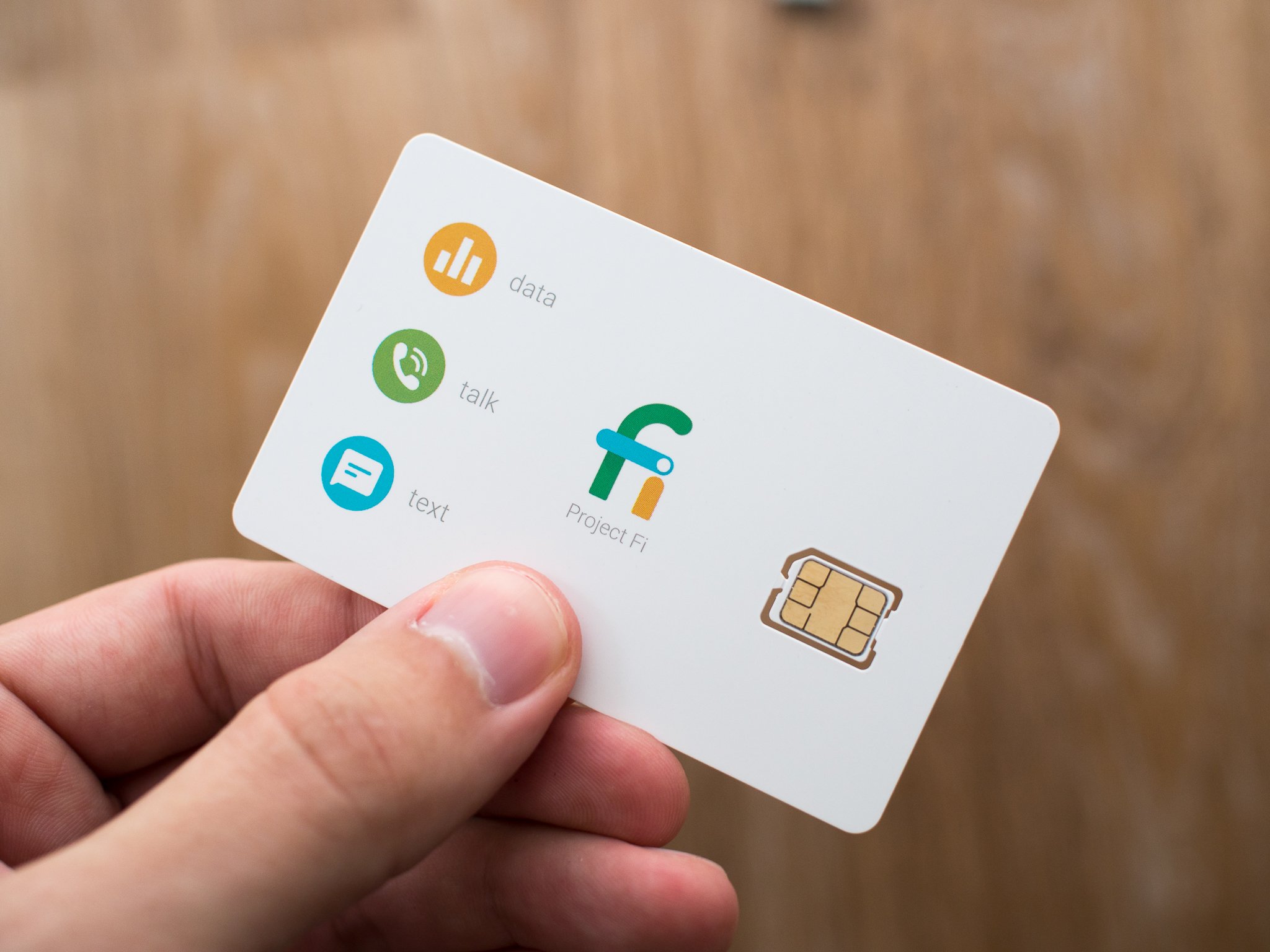
Alternative carriers with multiple networks
The final piece of the puzzle is a bit complicated, but let's talk it out. Some of the above providers, such as Project Fi, rely on more than one host network to function properly. Others, like Consumer Cellular, connect to either AT&T or T-Mobile. This usually means that the SIM card inside your phone will choose between T-Mobile and Sprint depending on your location and signal strength. You don't have to make any decisions, but your choice of phone could impact the quality of service.
As long as everything is working properly — your phone supports both networks, and you are in an area that has good coverage on at least one of them — then you don't need to think about it at all. But it's a good thing to know, since these kinds of carriers can be to your advantage if you happen to be in an area where both the host networks are strong.
Questions?
Some of this stuff is stupidly complicated, and we'd love to help. If you're having issues figuring out whether your phone will work on a particular prepaid or alternative carrier, let us know in the comments below.

